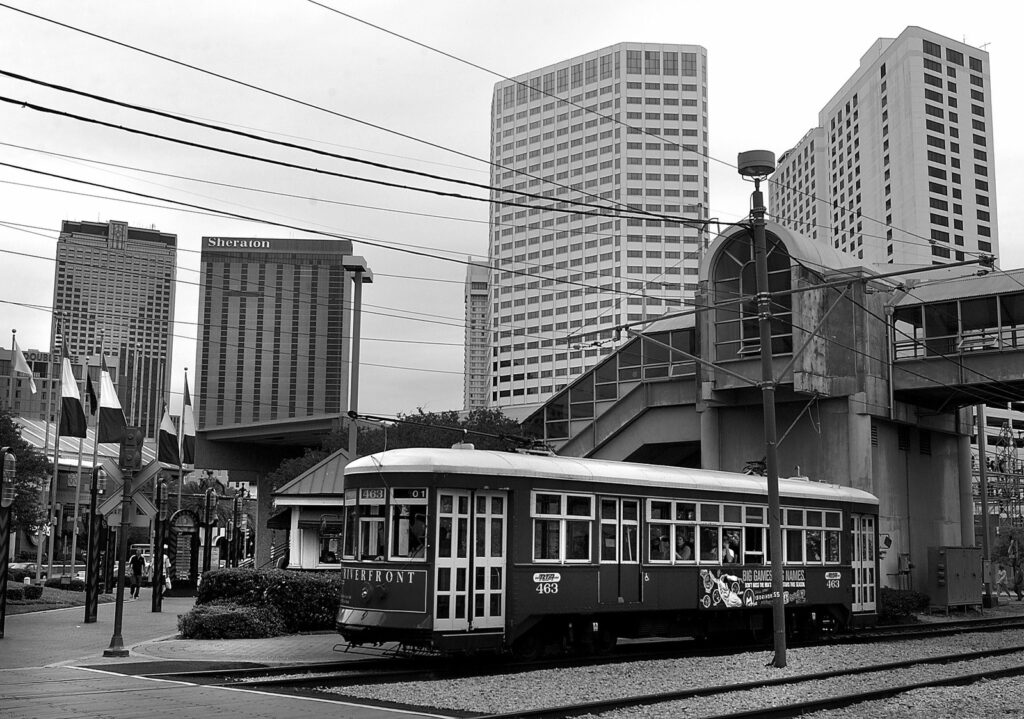The New Orleans Massacre of 1866 was a violent conflict that took place in New Orleans, Louisiana on July 30, 1866. The conflict was part of a larger wave of racial violence that swept across the South in the aftermath of the Civil War. At the time, Louisiana was in the midst of a political and social transition, as African Americans sought to assert their rights and claim their place in the state, while white supremacists sought to maintain their control over the state and its institutions.
The New Orleans Massacre was triggered by a dispute between members of the city’s white police force and African American members of the Union Army who were stationed in the city. The dispute escalated into violence, and a mob of white supremacists armed with guns and other weapons descended upon the African American community in the city. Over the course of several days, the white supremacists attacked the community, killing an estimated 40 to 60 African Americans and injuring many more.
The New Orleans Massacre was one of the deadliest acts of racial violence in American history, and it had far-reaching consequences for the state of Louisiana and the nation as a whole. The massacre fueled growing tensions between white supremacists and African Americans, and it was a stark reminder of the deep-seated racial violence and discrimination that existed in the country at the time.
Today, the New Orleans Massacre is remembered as a seminal event in American history, and it is an important part of the broader story of race relations in the country. The massacre is a powerful reminder of the violence and discrimination that African Americans have faced throughout American history, and it continues to have an impact on the country and its people.

